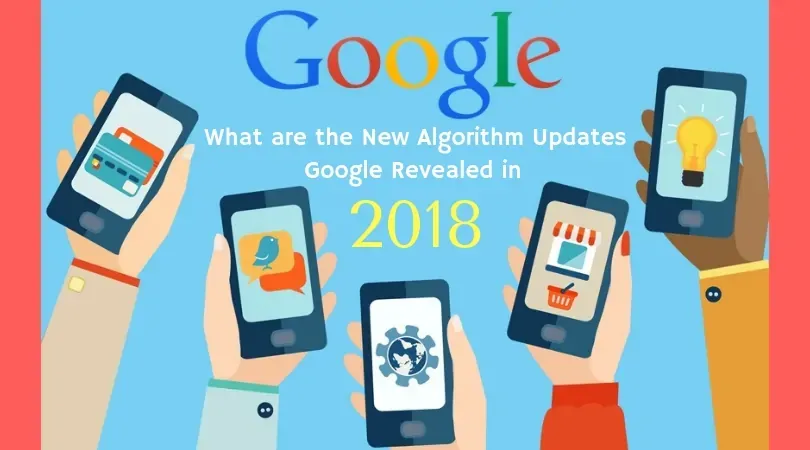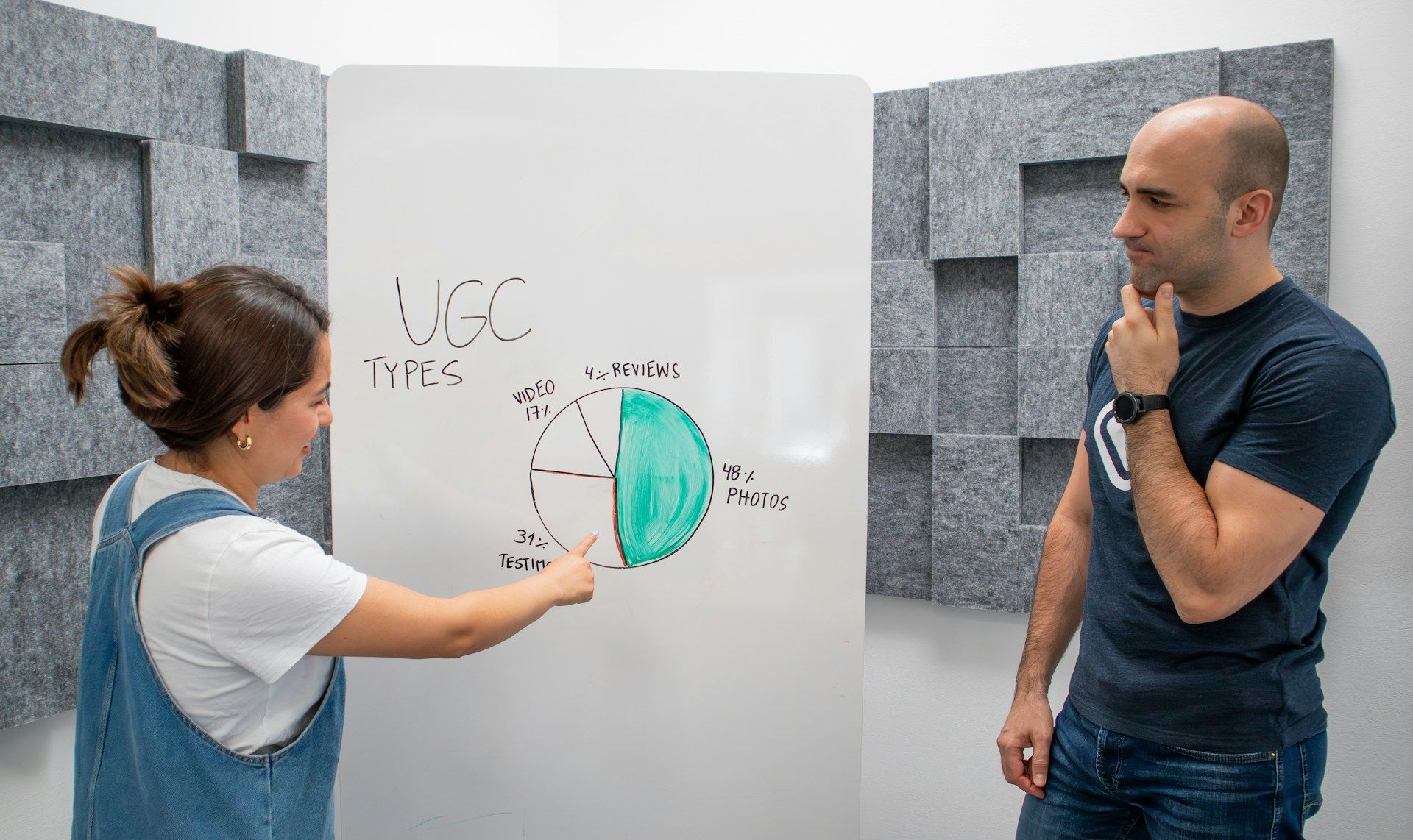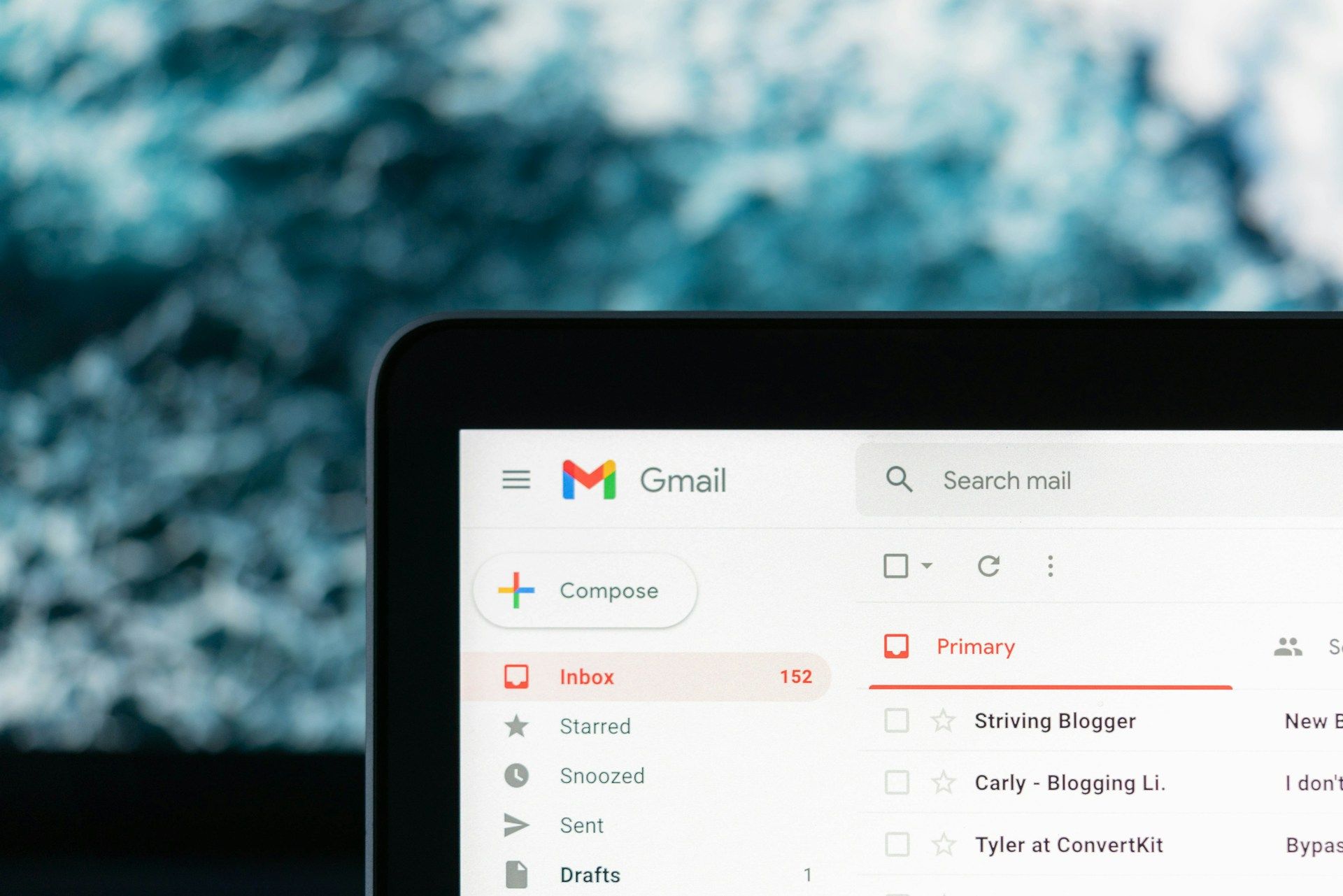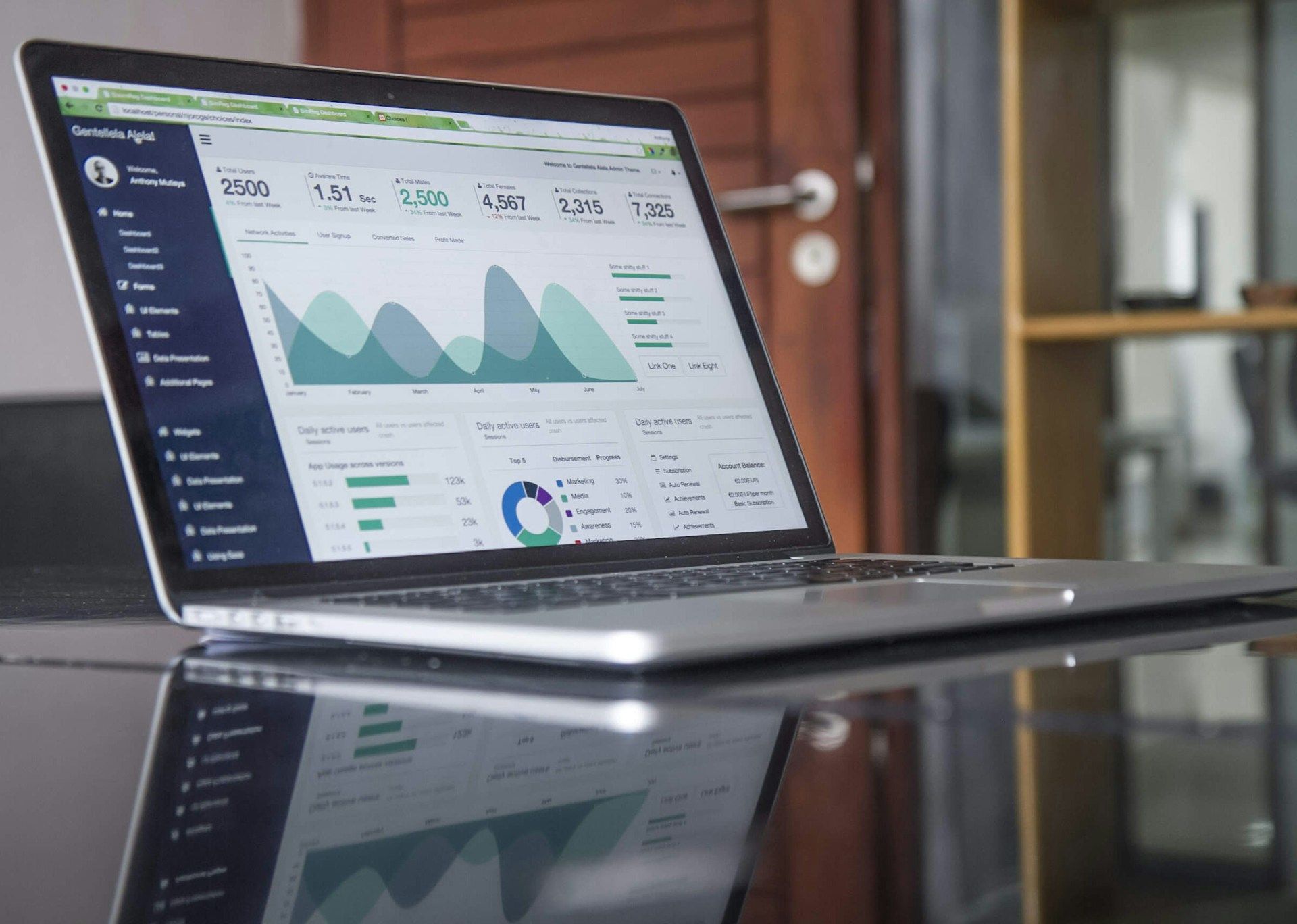What Were the New Algorithm Updates Google Revealed in 2018?

Let’s first understand what Google Algorithm is?
Google algorithms are a complicated system used to fetch data from its index and immediately show up the available results for a query written by the user. Google uses a mixture of algorithms and numerous ranking signs to convey web pages ranked by relevance on its search engine results pages (SERPs).
Annually, Google modifies its search algorithm around 400-500 times that affects search results in many ways. But Google occasionally rolls out a “major” algorithmic update (such as Google Panda and Google Penguin, Hummingbird, Pigeon) that impacts search results majorly.
However, in 2018, the Google rolls out several major algorithmic updates that notably affects the SERPs which give benefits to the sites which are following Search Engine guidelines and punished the spam sites. Here are we described it:
- “Medic” Core Update — Rolled Out on August 1, 2018
Google announced a” broad core algorithm upgrade,” with broad reports of enormous effect. It rolled out within the span of approximately a week but appeared on August 1-2. This upgrade appeared to affect websites in the wellness and health area, though large large effect was seen in most verticals.
- Chrome Security Warnings (Full Site) — Rolled Out on July 24, 2018
The modifications rolled out on July 24, but rely on users fixing the newest Chrome version, which can get weeks or months. After warning users of unsecured (non-HTTPS) forms months earlier, Chrome 68 started spotting all non-HTTPS websites as “not secure.”
- Mobile Speed Update — Rolled Out on July 9, 2018
6 months after declaring it, Google search engine rolled out the mobile page speed update that only affected the slowest mobile sites, and making page loading rate a ranking element for mobile phone results. But we didn’t find any signs of drastic mobile rankings changes.
We are pronouncing it as the “Speed Update.” It started impacts pages that providing slowest loading experience for users and will only impact a small proportion of queries. It applies the identical standard to all pages, no matters whatever the technology utilized to construct the webpage. The aim of the search query remains a very powerful signal, thus a slow page could nevertheless rank highly if it’s good, pertinent content.
- Video Carousels — Rolled Out on June 14, 2018
Google stimulated videos from organic-like results with thumbnails to a devoted video carousel, resulting in a shake-up in search results which were monitored as organic.
The shift takes together formerly video results that are organic ranking into Top-100 into this single 10-item carousel. Together with the showcase picture, you might immediately understand the platform that the video is hosted on along with additional data.
The end result of this update has greatly decreased the organic visibility of domain names which focus largely on video clips. There is a range of examples like BBC and other media firms although the very interesting to check this.
But there is a chance here also. Videos which were lower down from the search results may be less difficult to find and may receive a front-page ranking.
- Snippet Length Drop — Rolled Out on May 13, 2018
After analyzing too much the display snippets of around 300+ characters for a small number of months, Google rolled back most snippets into the prior limitation (about 150-160 characters).
Danny Sullivan of Google announced,” Our search snippets are now shorter than before a change we left last December.” Google has defined that only about five months after enhancing the search results snippets, the length of these snippets has reduced.
- Mobile-First Index Roll-out — Rolled Out on March 26, 2018
Google declared the mobile-first indicator was eventually “rolling out.” Since the index was in testing and Google has indicated that they are visiting sites slowly, it is unclear how much influence this had on the index. The Webmaster should start to see notifications inside Google Search Console.
To review:
Mobile-indexing is rolling out too broad. Being indexed this way has no any ranking benefit and operates solely from our mobile-friendly estimation.
Having responsive content is still supportive for those looking at ways to achieve an enhancement in mobile search results.
Having quick-loading content is still supportive for those looking at ways to carry out better for mobile and desktop audience.
As forever, ranking utilize a lot of things. We may explain content to the audience that’s not mobile-friendly or that is sluggish loading if our other most of the signals settle on it is the mainly relevant content to show.
Conclusion:
So, here we described what major algorithms Google updated in the year of 2018 which impacts your SEO performance. With the change of technology and the new era, we think Google will continue to launch more updates in 2019 which can affect your website badly if you are not following them. So our suggestion is to keep following Google guidelines and keep an eye on latest updates before making any SEO strategy for your business website. And if you don’t know much about SEO then consults with well established SEO Company in Boise which recognizes the latest SEO trends.
Author Bio:
Cibirix – Charlotte SEO Company offers attractive web design and latest digital marketing solutions to customers through continuous innovation and thought leadership. We are dedicated to providing digital products, services, and solutions that catapult businesses forward.












